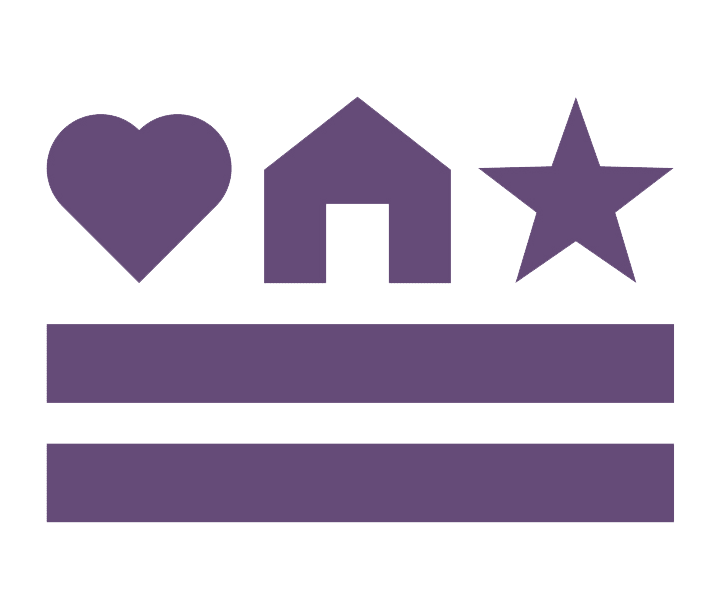An Overview of Closing Costs
Buyers and sellers, here’s what you need to know about closing costs.
Closing costs are a variety of different fees that are typically paid at closing. Common closing costs in a real estate transaction include any cost or fees associated with the buyer’s financing like the appraisal, loan origination fee, insurance costs, and more. For sellers, the biggest closing cost is the commission that’s typically paid at closing. For both parties, there’s the transfer recordation tax, which is paid to the jurisdiction or state where the property is located.
Buyers often ask if the seller can pay their closing costs. It’s important to keep in mind that both parties have their own closing costs, each with different fees and amounts, so it’s not customary for one party to pay all of the closing costs for the other. However, we do often see buyers request a seller credit to help cover closing costs, and that is reflected in the net sales price. In this way, the seller isn’t truly paying for it; rather, it’s just getting wrapped up in the buyer’s mortgage instead of being an upfront expense.
"Both parties have their own closing costs, each with different fees and amounts."
How can you know what your closing costs will be? Well, different jurisdictions have different percentages, so it’s best to ask your lender during the exploration phase of the transaction. If you’re a buyer, they’ll be able to tell you what all of your loan charges will be, whether you’ll pay points to buy down your rate, and they’ll be able to give you a fairly exact number. For sellers, your real estate agent can prepare a seller net sheet and estimate your closing costs for you.
If you have any further questions about closing costs or the buying and selling process in general, don’t hesitate to reach out to us via phone or email. We would be happy to help you.




.jpg?w=128&h=128)